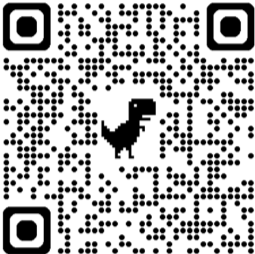Sleep Patterns and Sleep Theories
Myers AP psychology module 23
Create multiple-choice games on Wisc-Online and play them on our Chakalaka mobile app!
But that's not all! Explore educational games created by others. Simply search by category or enter agame code number and dive into a world of learning and fun.
Download the Chakalaka mobile app here:

Topics of this game:
- The relatively slow brain waves of a relaxed, awake state.
- The biological clock; regular bodily rhythms (for example, of temperature and wakefulness) that occur on a 24-hour cycle.
- The large, slow brain waves associated with deep sleep.
- False sensory experiences, such as seeing something in the absence of an external visual stimulus.
- Nonrapid eye movement sleep; encompasses all sleep stages except for REM sleep.
- Rapid eye movement sleep; a recurring sleep stage during which vivid dreams commonly occur. Also known as paradoxical sleep.
- Periodic, natural loss of consciousness--as distinct from unconsciousness resulting from a coma, general anesthesia, or hibernation.
- A pair of cell clusters in the hypothalamus that controls circadian rhythm. In response to light, the SCN causes the pineal gland to adjust me
- Bizarre experiences such as jerking or a feeling of falling or floating weightlessly, while transitioning to sleep
User comments are currently unavailable. We apologize for the inconvenience and are working to restore this feature as soon as possible.

